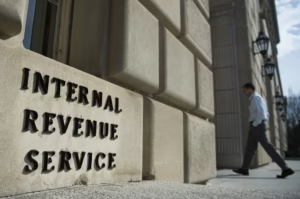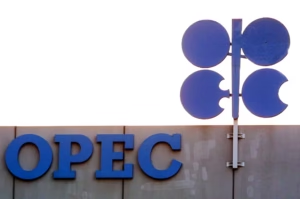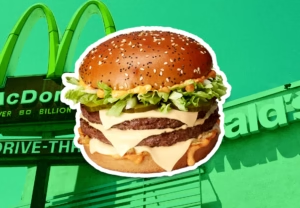The U.S. economy is still predicted to see higher inflation as a result of tariffs, but Wall Street investors do not anticipate price rises this week.
The Federal Reserve’s favored inflation gauge, the personal-consumption expenditures (PCE) index, is expected to increase by a meager 0.1% in May, according to a report that is coming Friday morning.
Additionally, the so-called core rate of inflation—which excludes food and energy—is only expected to increase by 0.1%.
The annual rate of inflation would stay at about 2.5% if the projections are accurate. It is anticipated that investors will focus their attention on the June inflation figures that will be released in three weeks rather than the PCE.
Will the PCE inflation indicator surprise Wall Street with a larger increase?
Though unlikely, it is possible. The analysis is based on consumer and wholesale pricing indices that have already been released and indicate that May’s inflation was quite low.
“[Markets] are counting on inflation to stay subdued to keep expectations for two rates cuts in 2025 intact,” Sevens Report Research’s Tom Essaye wrote. “If inflation surprises to the upside – which is unlikely given CPI and PPI were light – then that will push yields higher and pressure stocks.”
Wall Street generally anticipates the first cut to occur in September, according to the Fed’s most recent forecast, which calls for two decreases to its key U.S. interest rate in 2025.
None of their colleagues have joined Chris Waller and Michelle Bowman, two Fed governors who recently stated that they are willing to support a rate drop in July if inflation stays low. The anticipated increase in inflation brought on the U.S. tariffs has not yet occurred.
However, if the PCE index becomes negative or reports lower-than-expected results in May, the little support for a rate decrease in July may increase.
Nevertheless, Fed Chair Jerome Powell stated this week that he anticipates tariff-related inflation to materialize fairly soon. He has been reluctant to lower interest rates this year because of this.
“We should start to see this over the summer, in the June numbers and the July numbers,” he said in his twice-yearly testimony to Congress this week.
See also: Support for the Fed’s July interest-rate decrease. What is Powell’s opinion?
Powell’s concern? If price pressures get out of control again, a rate cut at the same time inflation reheats might push the Fed to abruptly change course. Additionally, the economy might suffer from higher rates required to control inflation.
“If we make a mistake, people will pay the cost for a long time,” Powell stated.





